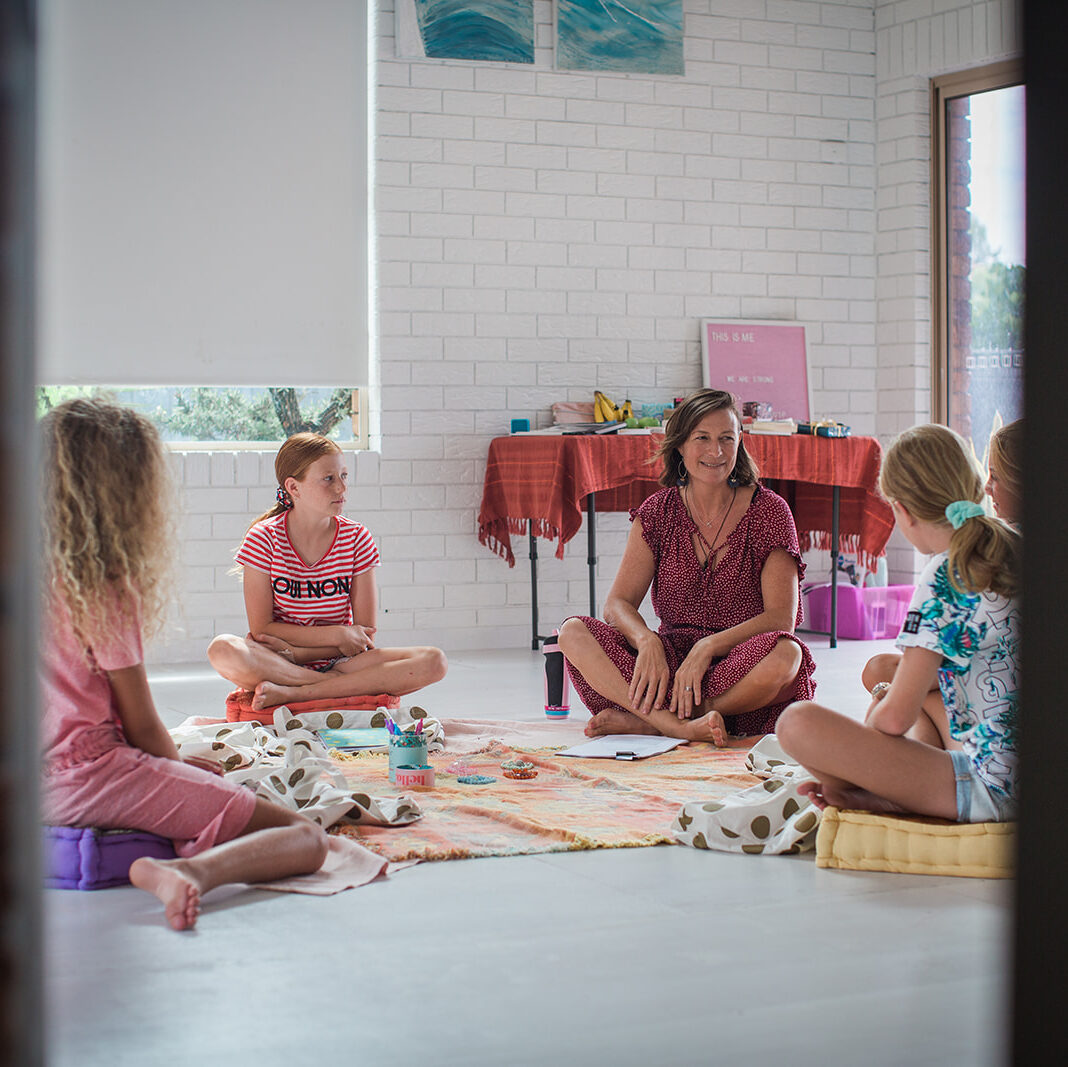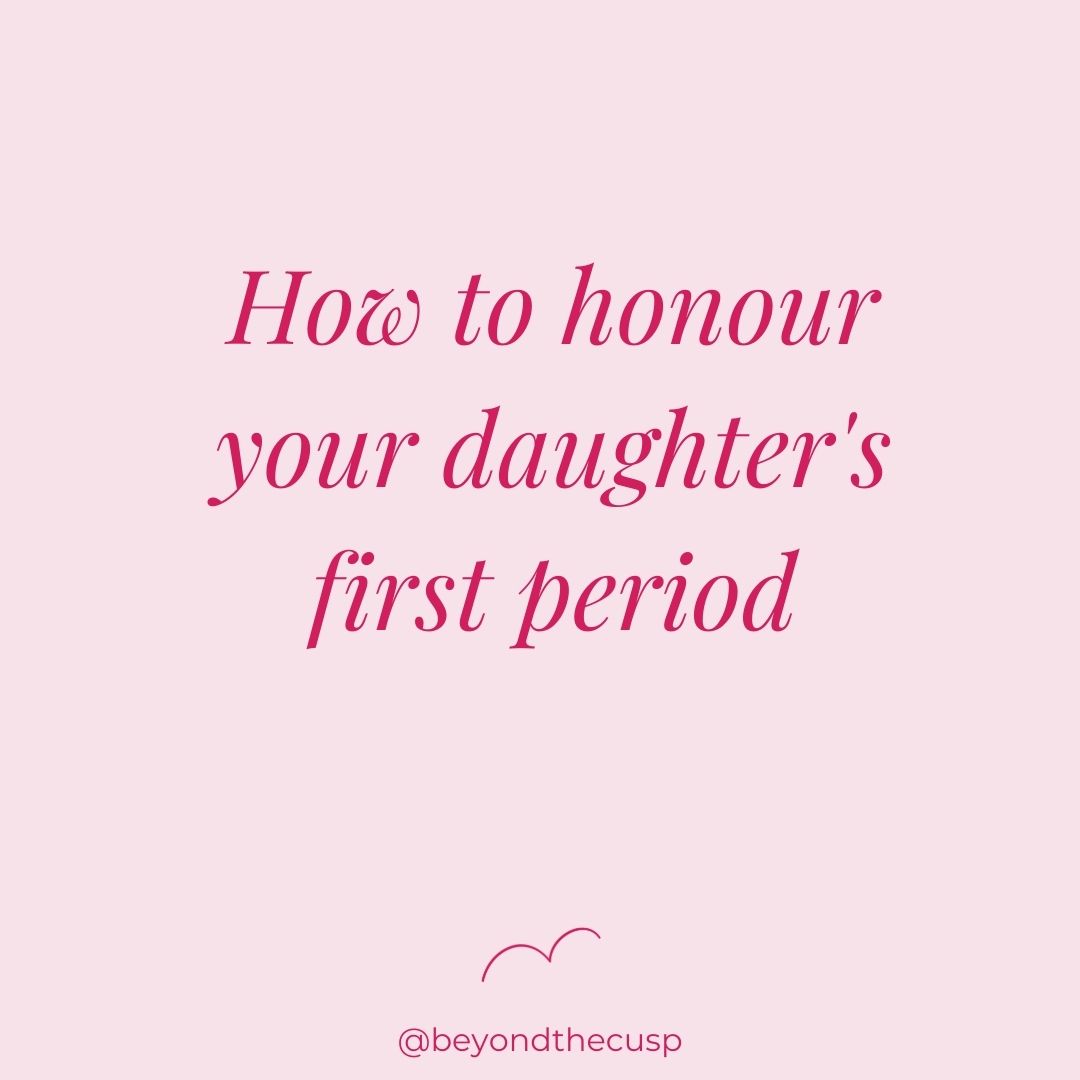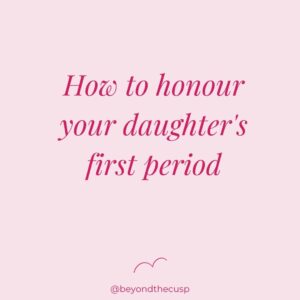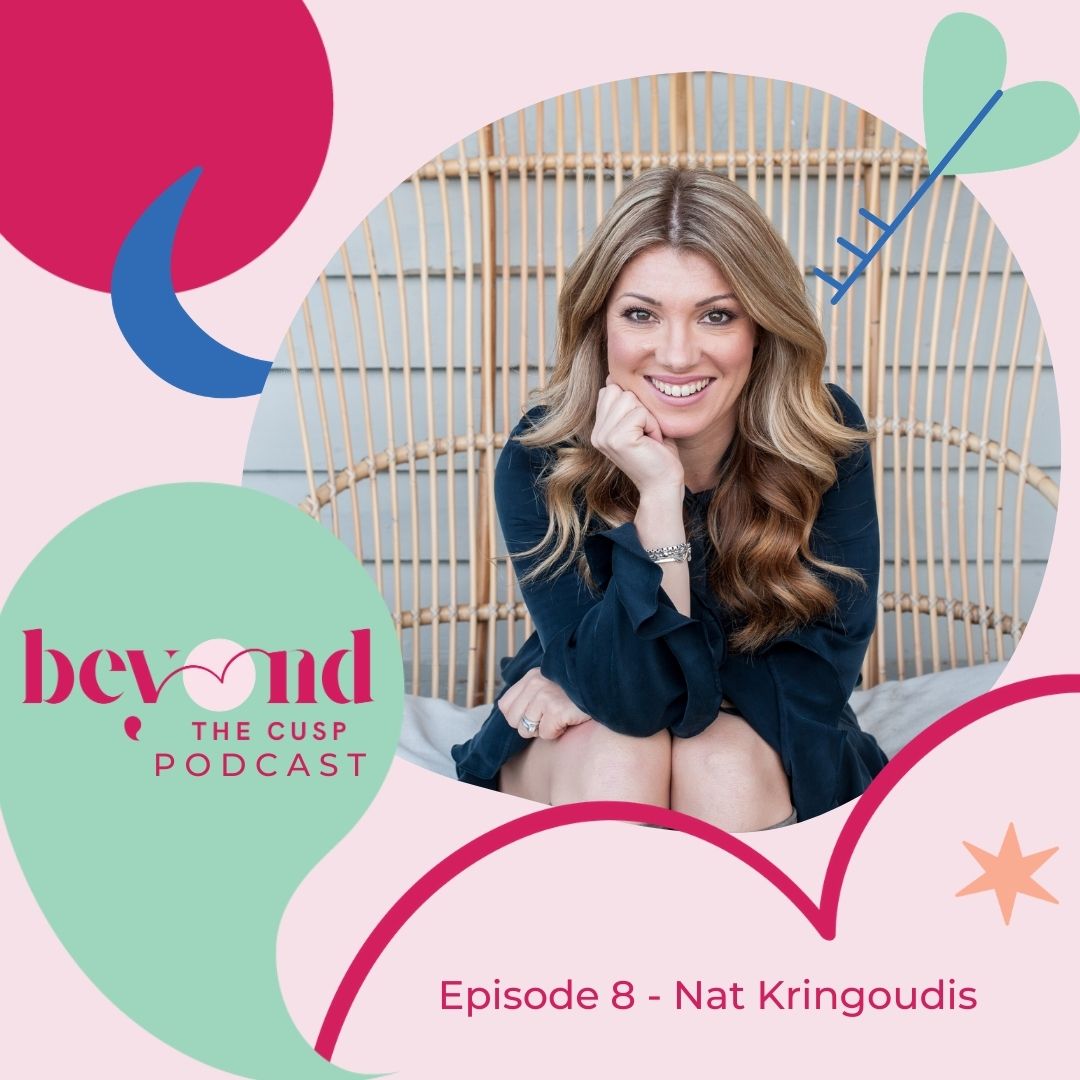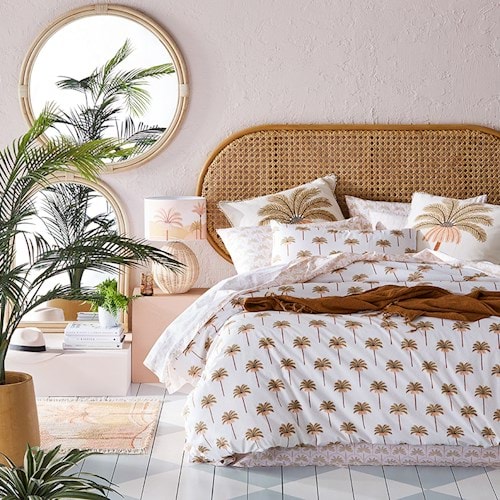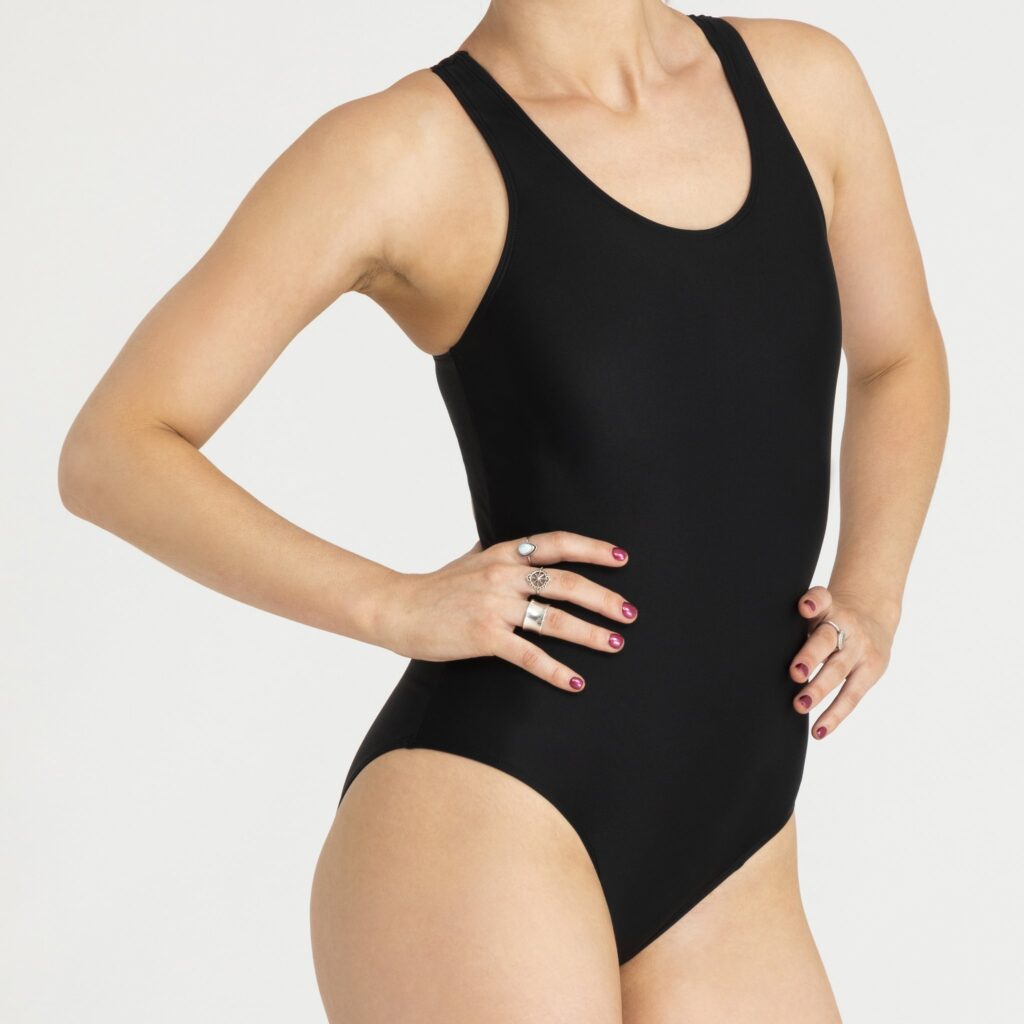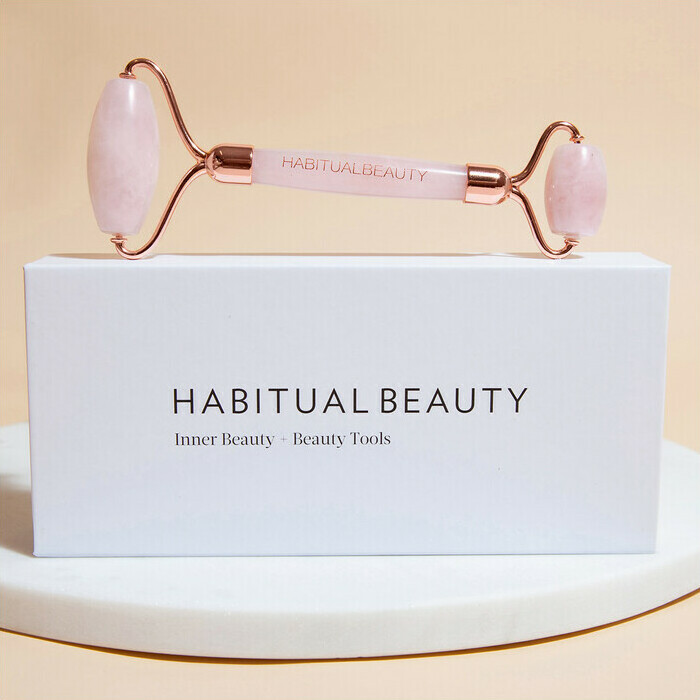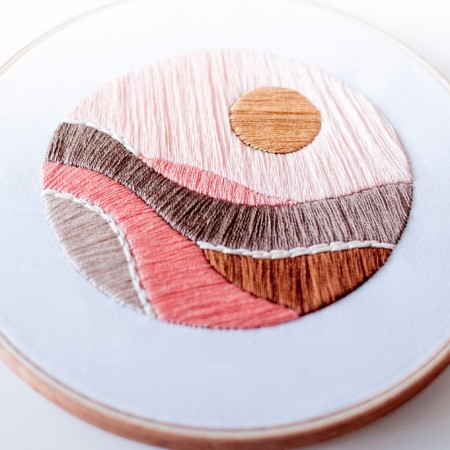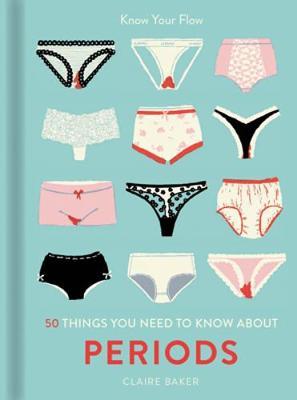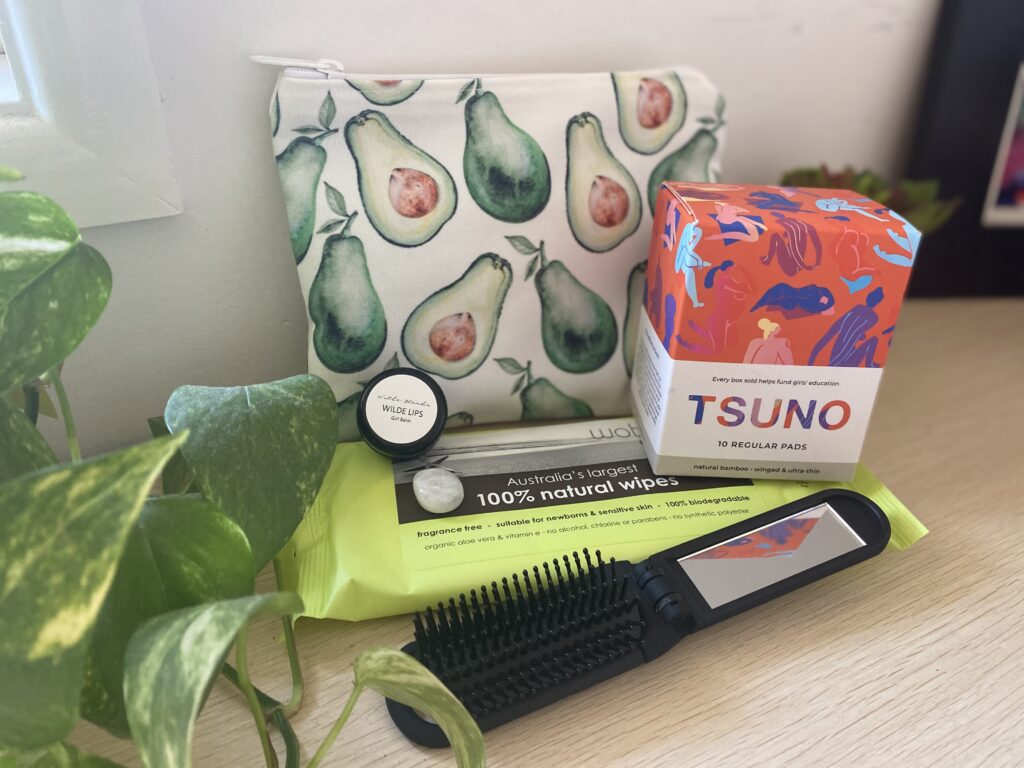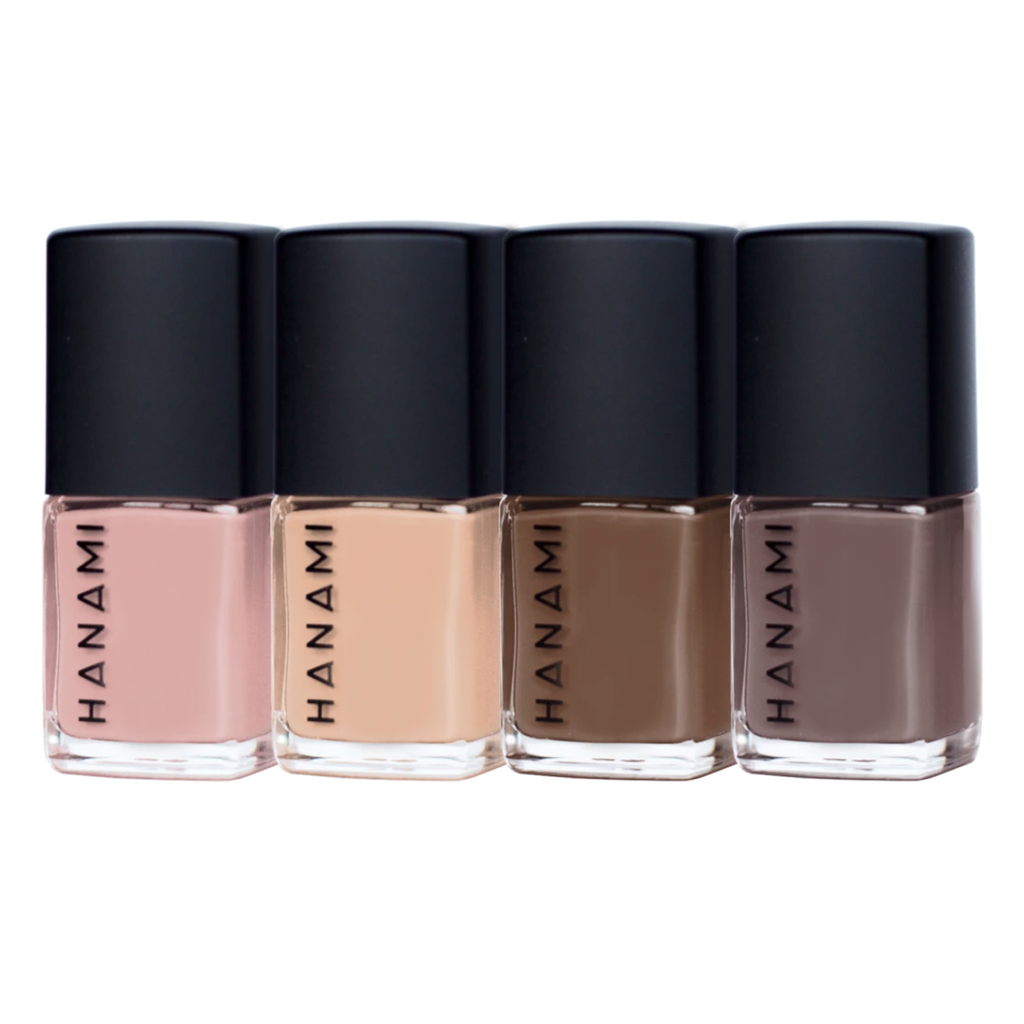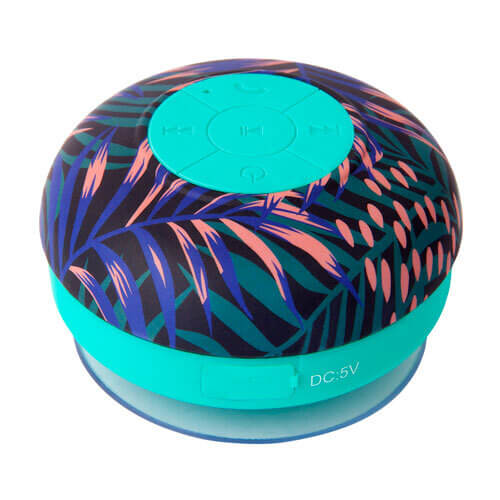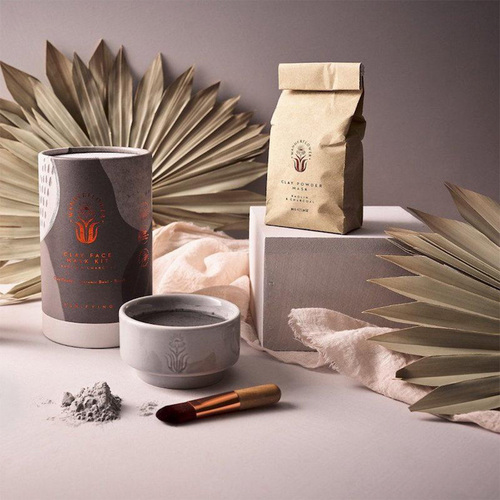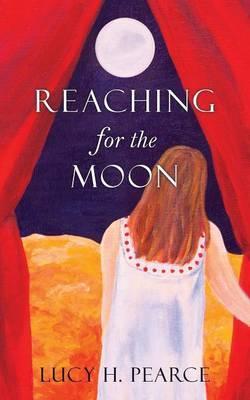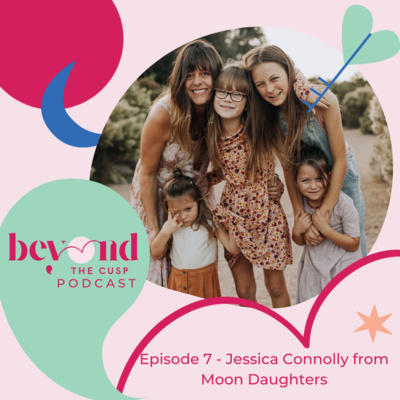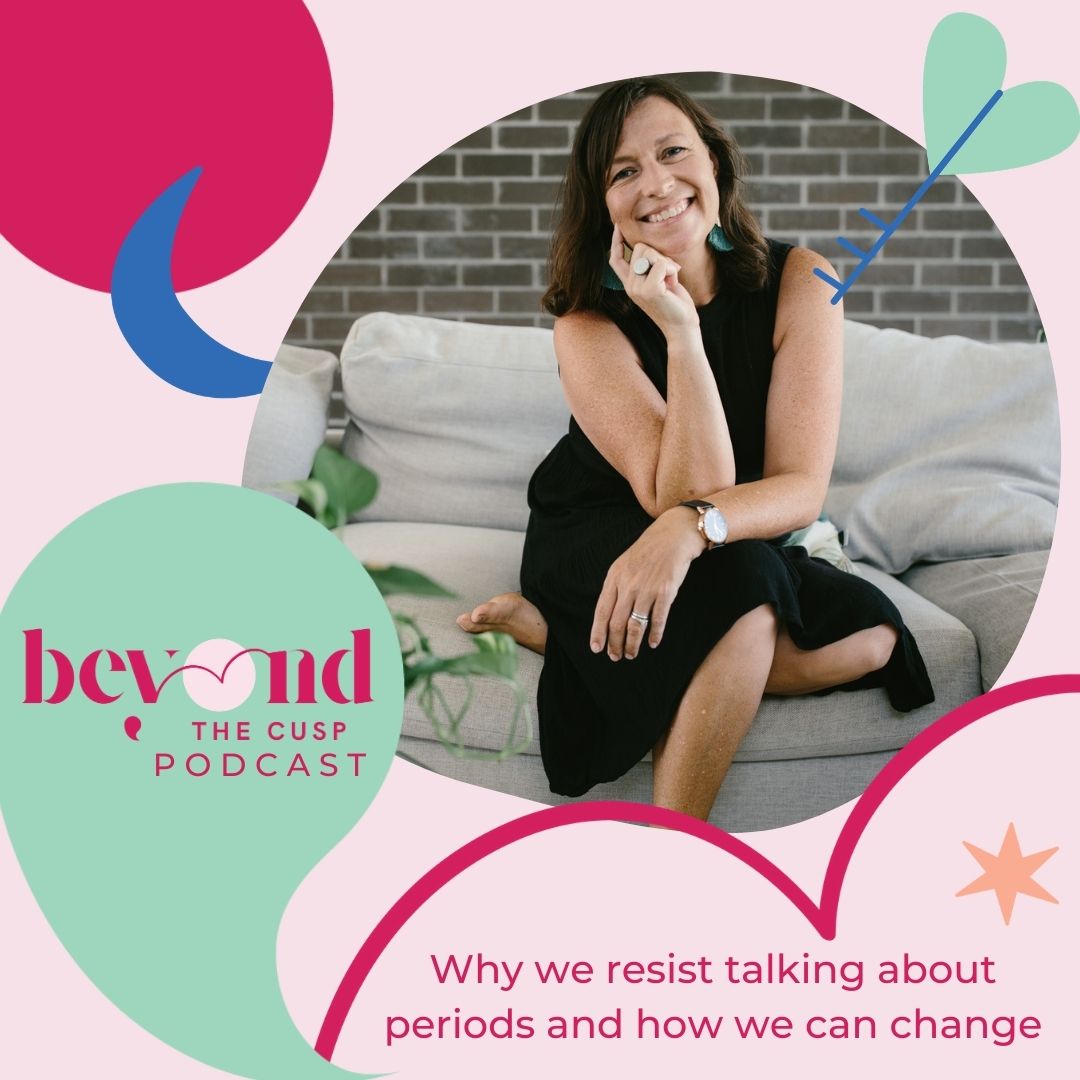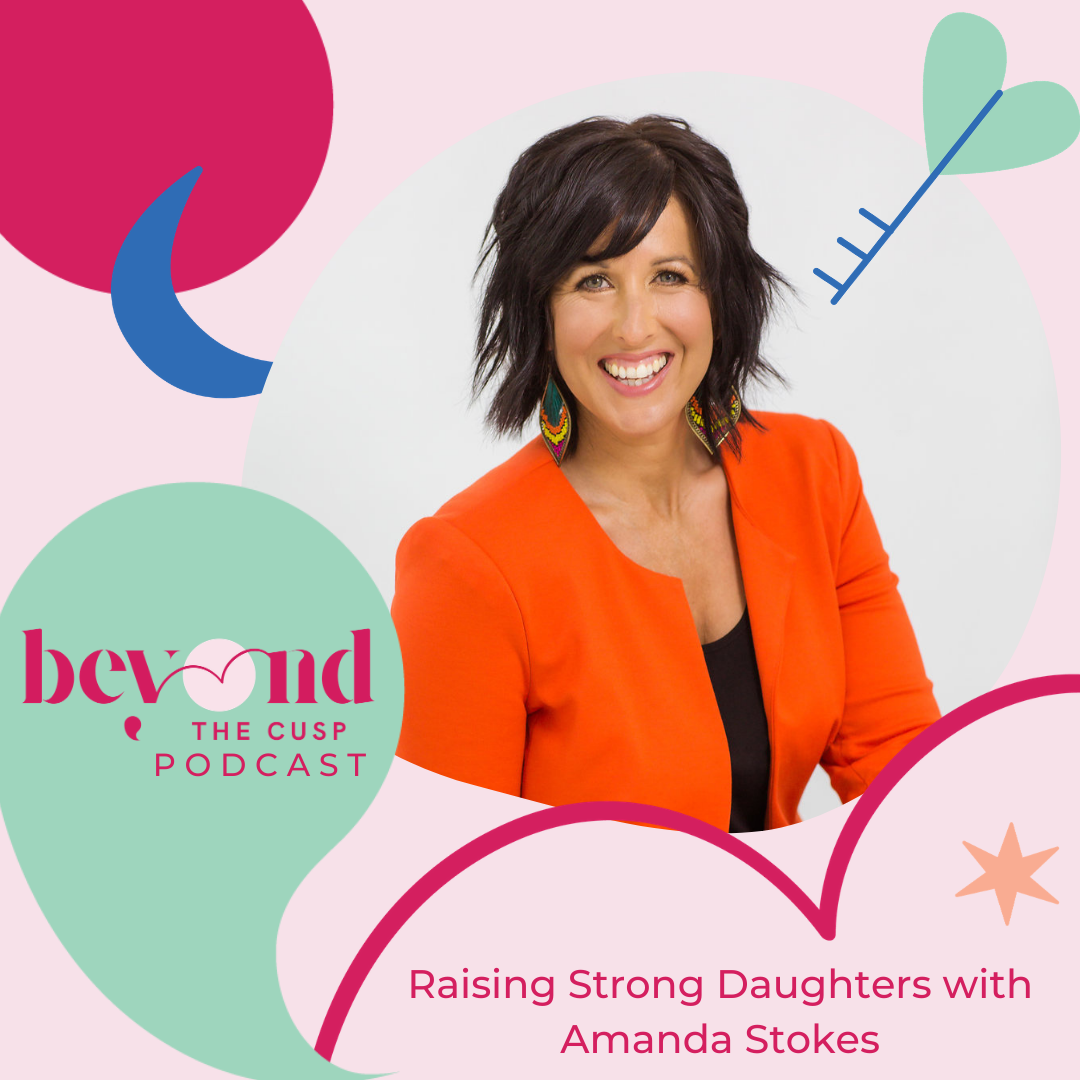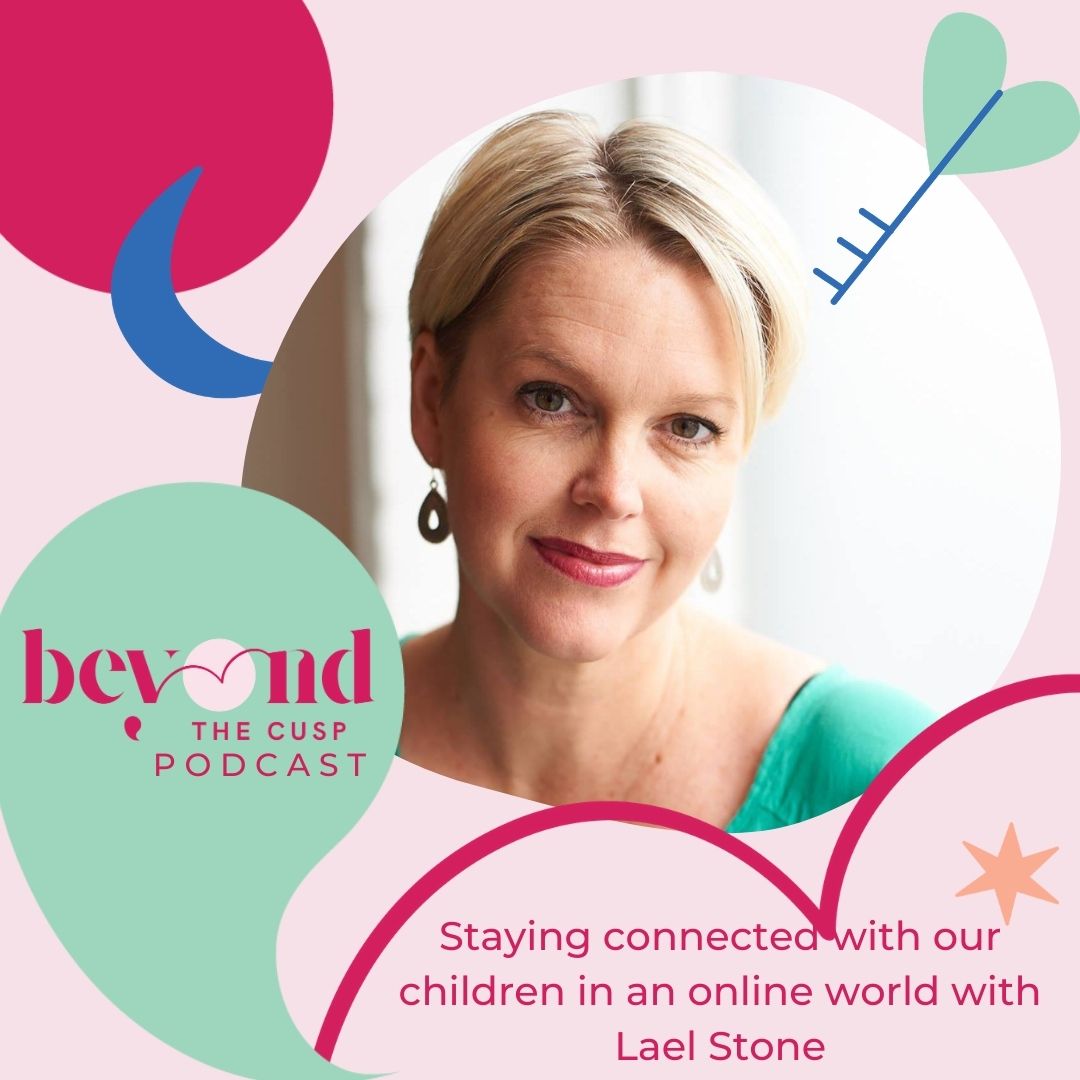
In this episode I chat with Lael Stone about how we can navigate our children through an online world, while still aligning with our values.
As a champion of connection and creating harmony in families, Lael Stone is an educator, tedx speaker, author, mother and parenting counselor who has been working with families for over 17 years. As an Aware Parenting Instructor, she facilitates workshops and support groups that empower parents to create connections and stronger relationships with their children.
She is also the co-creator of Woodline Primary School, an innovative new school based on emotional wellbeing and connection. Lael is the co-host of The Aware Parenting Podcast and a sought-after public speaker who talks candidly about her experiences and her great passion; creating wellness in families through connection and communication. She is excited to be teaming up with The Resilience Project to deliver presentations around raising resilient children.
In the last 6 years, Lael has been teaching Pleasure based Sex Education to high school students and working with teenagers on all aspects of sexuality and wellbeing. She runs workshops for parents on how to talk to your kids about sex, where the focus is on normalizing these conversations and giving parents skills and tools to have open, honest dialogue around sexuality.
She is the mother of three big kids – who are all teenagers and she is currently putting all her research into practice with them!
You can find out more about her Lael at:
Facebook
Instagram
Woodline Primary
The Aware Parenting Podcast
Recommendations in this podcast include:
https://sexedrescue.com/
https://amaze.org/
For Foxes Sake by Row Murray
Does This happen To Everyone by Jan Von Holleben
SHOW TRANSCRIPT
Milina Opsenica 0:04
Hello, Lael, welcome to the podcast. I’m so happy to have you on with me today.
Lael Stone 0:10
Thank you. I’m really thrilled to be here.
Milina Opsenica 0:12
And you’re coming to us from Melbourne at the moment.
Lael Stone 0:15
Yes.
Milina Opsenica 0:16
And we are going through some interesting times.
Lael Stone 0:20
So it’s a good way to describe it. It’s interesting. That’s the word I’m using. It’s very interesting. It’s very, it’s confronting. It’s challenging all those words yeah, for sure.
Milina Opsenica 0:31
And I think what we’re going to talk about today is going to help us navigate some of those moments, especially for some of our younger children and our teens and tweens that have, we’ve had to deal with things a lot differently than what we normally might do. So I’m really looking forward to getting into this conversation with you. Yes. So first of all, I really like to invite to try to encourage my own children to get into their body and to notice a lot of what our body’s messages are. So to start off, I want to know, what is the one thing you love to do to honor or nourish your own body?
Lael Stone 1:11
That’s a beautiful question. For me, water is really important, I find that like, ever since you know, I became a mum. So my oldest is 20. So I found that to cope with motherhood, you know, come four or five o’clock every day, I would get in the bath with one with my babies. And I pretty much kept that ritual going for a long time. Like 12, 13 years, even as my all my kids grew every afternoon, you know, when I was in that labor intensive part of raising kids, when you know, you need to be very hands on getting in the bath, whether it was with a child or two kids or by myself was always a part of of nourishing me. And now my kids will be teenagers. I still for me, that is when I feel like I’ve reached capacity you and I need to reconnect or we have this most magnificent luxurious bath at home and so having a bath for me is always one of those moments where I get to just connecting with myself. So I find that that is that’s a really important part of my self care and I would do that maybe every day or every second day just to connect in with me so yeah, that and beautiful oil. I love rubbing beautiful oil on my body so I think that just use that. For me it is these acts of loving kindness to myself that helped me do all I need to do in the world. So I need to make sure keep giving that back to me.
Milina Opsenica 2:33
Beautiful. That sounds amazing. And I think I can’t remember where I saw this recently about water and it’s such it is a great healing process either to just stop and drink some water or to cry and let water come out of you. I might have actually seen it on one of your pages actually. Or to get into some kind of body of water to to regroup in and healed Yeah,
Lael Stone 3:01
it my children have this like joke that whenever they say I’m not feeling well, my first response is always go and have a drink of water. Always love mom’s answer to everything is have a drink of water lay down close your eyes. And I love that they have that ingrained in them. But I must say my daughter’s at the same. When they’re feeling agitated, upset, they’ll often go and get in water as well. And they often reflect they go just helps me reconnect. So yeah, look, you know, for us, it works. My son not so much. he’s a he’s a Taurean, and he’s an earth sign, he stays away from water. He’s like, let’s go run instead. But for my daughters who you know, love that, I guess connection to themselves. I find that that really worked beautifully for us. For us. Oh,
Milina Opsenica 3:42
yes. Oh, that is beautiful. Now can I just ask on your son? So how old is your son?
Lael Stone 3:47
He’s 20.
Milina Opsenica 3:48
Okay. 20. And I find with my son, it’s it is a struggle as well. He does surf so he likes to get into the water there. But showering. It’s hard to get in, but then he won’t get out to see if
Lael Stone 4:03
he won’t get out of it.
Yeah, so I guess it
could depend on what he that. Sometimes when we see tweens and teens showering, there might be some other beautiful things happening. Look, I think for my son, you know, he’s he’s always been super sporty, even active. So you know, as long as he can move his body, he’s happy. So I think taking care of himself. He’s You know, he does for sure. But I’ve always found for him that, you know, it’s like, what can I How can I move? So he’s more about movement than anything. So I find that, you know, it’s never been long showers that have been an issue with him?
Milina Opsenica 4:35
Yes, but just that, that knowing what it is that you know, does nourish your own body and tuning into your body is so important.
Lael Stone 4:45
I’ve watched that too. You know, we might talk a little bit about technology, but I’ve watched that with technology with my son particularly that he’s managed to create this great connection or regulation within himself is that you know, when He did use to have a PlayStation and he might play, you know, FIFA or gaming stuff. He’d do it for an hour, and then he’d get up and go, Oh, I’ve got to go for a run, I’ve got to move my body. So he knew it felt so much better to move then to stay, you know, just like numbed out all the time. And that’s something that I’ve watched him regulate and creating himself. Just amazing. Look, I think we’ve modeled that a lot around tuning in, where are you out? What do you need? And obviously, when kids feel deeply connected to us, it allows them to feel connected to themselves, and then they’re able to tune into what they need. So I found that he’s been very, very good at always going, what do I need to do? What’s my body telling me? And for him a lot of it is about movement, for sure.
Milina Opsenica 5:40
Yeah, right. Yeah. That’s, yeah, it’s great to, it’s a great practice to watch our children to and to see if they recognize what they need.
Lael Stone 5:51
Yeah. And I think, look, ever since they were young, I always used to ask that even when they were sick, or when they were little, you know, I’d be like, what do you need right? Now? What is your body telling you in that there were dialogues I used to have when they were like two and three. And sometimes it might be like, you know, a face washer or a cuddle or, you know, it might be they might say medicine, what they would use it or they might, you know, we we are a family that really loves osteopathy. And so they go, I need a treatment. So I really began to from a very young age, give them opportunities and languaging to tell me what they feel like their body needed. And so sometimes they would say I need to treatment Other times, I’d say I need to go to the doctor. And I’d always trust what they would say, because I think we had developed that relationship of them tuning into what does your body need right now? Because that’s it knows best? Yeah, so that that was that’s been a beautiful thing to watch develop with my kids over the years?
Yes, absolutely. Yeah. It’s, it’s a, it is a great, great tool. And I definitely try to practice that with my own children as well. And I can see when they are out of touch and try to remind them, I think you’re going through so my oldest is almost 13. And it’s probably quite a crucial time that she’s that really recognize her body’s signs and especially things as we’ll probably get into this that with technology and how that might stop those messages. Yeah. So what is one thing you wish you knew before you became a mother?
Milina Opsenica 7:25
That’s such a great question. Um, I wish I had have known how important taking care of myself was. So I think in my 20 years of being a mum, it took me probably about eight years and three kids to realize that if I don’t take care of me, nobody’s winning. So I think in the early years of mothering, you know, I look back and think I was not very happy. As a mom, I was probably resentful, because all I was doing was giving all the time, I’d grown up in a family where the kind of imprint was around women who are just doers so if you’re not doing four things at once, you’re lazy. So there was a really strong imprint that I had to shift around. actually taking care of myself is a good thing. So I felt that if I had self care, or I took care of myself, then I wasn’t achieving, or I was being lazy. So I had to really undo some big strong patterns around what that meant to take care of myself and my needs. But then once I started, I was like, oh, okay, this, this is fundamental to the harmony in my family. If I want to parent this way, with awareness and consciousness and connection, then I need to make sure I foster that within myself. So if I don’t have that, within me, it’s very hard to give that to my kids. So self care became just absolute priority for me. And it still is, you know, I would use it as a benchmark that, you know, I don’t usually yell as a mom, I don’t definitely don’t now, but when my kids were younger, and if I started yelling, I was like, okay, there’s the edge. I need a timeout, I need a break. I and so I would say to my husband, I need you know, some hours on my own, I need to go get a massage, I need to go for a walk, I need to go speak to someone I need to go away for too few days. Like, that became my like, Alright, there’s my benchmark or when I’m starting to not turn up to my kids with compassion and connection, then, you know, it’s telling me my cup is empty. So I think that piece of information before I became a mom would have been so pivotal in in helping me in those early years because I look back and think poorly, all those early years of mothering because I just didn’t have the support or the knowledge or the understanding around how that would look. So I think that would have been a game changer for me.
I don’t think I’d know any mom that does not feel the same. Yeah, especially in my generation, but even probably older. But yes, I could I feel you every single word that you’ve said there definitely. And one thing I must say that I have learned to do, which shows my children to that it’s okay for need to take a break is to let them know, as I was mentioning, earlier, I do work with my cycle quite a bit. So I mentioned to them when my period is due, and when I have my period. And I will say to them, Look, I just, I would want to take a break. Today, I just give me a little bit of peace, if you can. Yeah, please, just if they are kind of quite excitable, and because I do get quite sensitive to noise. If they do get quite excitable, I will ask them to, can you please just keep the noise down a little bit today, so and so they then recognize it is okay for other people to take care of themselves as well, especially as they’re growing older. Yeah, yeah,
Lael Stone 10:49
I have a beautiful story around that, actually, is that I remember, my kids are younger and, and in the times where I wasn’t taking care of myself, and I remember bleeding and having my period and my husband comes into kitchen. He’s like, are you okay? And I was like, Oh, god, I’m exhausted and depleted. And he’s like, Okay, and then I just went about still making dinner. And I was like, what, hang on, like, What’s going on here? And I said to my husband, I need to start nourishing myself, particularly in these first few days, my cycle, and I need the kids to see this. So we sat down and had this conversation with them. And my husband was saying, you know, do you know what happens for mom every month? And they’re like, Yeah, she bleeds and, and so I said, Okay, so from now on, when I do have my period, you know, and so from what I have the lowest amount of energy, I need to rest, you know, I’m going to have these red candles, and I’m going to put the red candles out on the mantle piece. And when they’re out there, and they’re let you know that I’m bleeding, and I might need some taken care of, and I need to be slow and gentle. And my son was the one who took this on board the most. So whenever it was that time, he’d be like, man, do you need a cup of tea? Can I get your hot pack, he became so nurturing of me in that time really respectful of it. And and what it did is it really imprinted to my daughters that this is what you need to do to when that time comes for you. And so now, you know, as teenagers, they also do that they really are gentle with themselves in that time. And you know, we all work around that so that we can hold that space. And that has been so beautiful. And I’ve watched my son who’s got a beautiful girlfriend, they’ve been together for a few years now. And the K takes of her when she’s bleeding and is magnificent. We can raise children who helped to really honor this part of us. So that was that was a really beautiful, profound thing to do. I don’t actually put red candles out anymore. I think we’re all kind of aware of where everybody’s at in my family of teenagers. But it is really beautiful. Just to honor that. That part of it
Milina Opsenica 12:44
is Oh, that is so beautiful. And especially from the sun I find to with my son he is he’s definitely where he’s only 11. So, but he is aware and he will take heed of when I’m asking him to to get his he’s like me his Cancerean and so he’s probably he’s nurturing kind of boys as well. Yeah. But I’m going to go and get myself some red candles because yeah. is a beautiful touch. Yeah,
Lael Stone 13:14
yeah, yeah, it’s very symbolic, too. And I think it really is honoring that place, and just letting the family know. And you know, in those times, I don’t I don’t cook for those two days. And you know, the others kind of care for me if that’s what you know, I need at that time. So I think it’s a beautiful thing to, to claim in the family.
Milina Opsenica 13:34
Absolutely. Yeah. And then showing the children that this is, this is how we are as women and also changing again, I go on about this often, but changing the story for changing how we were raised, according to cycles being just like you said, Go go go and not resting and not Yes, break. And yes, yeah, that’s so beautiful. So the use of screens and being on all the time, this is a topic that I wanted to speak to you about. So this is something that has not been something we’ve had to navigate ourselves through our youth. So how do we as parents, especially with what we’re experiencing now, how do we navigate this without tweens and teens in a way that feels aligned with our own values and our family’s values?
Lael Stone 14:32
This is a big juicy question. Yes. I think look, there’s a few things I definitely talked to on this is that yeah, it is it’s completely foreign for us as adults because we had a totally different time in those tween and teen years. And what I often do say to parents always, you know, our kids on Snapchat or tik tok or Instagram or messaging each other really easy equivalent of us, coming home from school, you know, getting on the phone and sitting there for two and a half hours talking to your friend and Then, you know, someone else might call through, you know, like, and, and it’s the same kind of thing, it just is coming in a different format. So it’s all about connection of them to their peers, for sure. do I belong? Am I cool enough? What’s going on? Am I going to miss out on something, and that’s the way that it’s delivered. But we also realize that there’s quite a few risks that go with technology, we also see that children have access to information, far more information than what we did, we see that children have access to pornography at a super young age, there’s a lot of issues that we know go hand in hand with them with technology and kids. And I think for me, what I have worked with over the years is that when we have strong connection with our children, which means our kids know that it’s safe for them to come to us and cry and yell and be with all their feelings, when we know that we accept them. So when they know that we accept them with open arms, and that we’re there to hold space for them, it builds this magnificent level of connection between our children, which says, you know, it’s safe for you to be who you need to be. Now, when kids often don’t feel that what they look to do is they look to often repressed feelings that they would normally Express. So and the best way to repress feelings is through technology, because you can just binge watch many, many shows and totally numb out, gaming is just gold for for numbing out for not feeling stuff, scrolling, you know, Instagram mindlessly for hours, you know, we all do it as adults as well, like, you know, I think we all have these repression mechanisms. But for tweens and teens, it’s like the perfect thing. You know, like in some people, you know, they use food to numb out others use drugs or alcohol, or you know, online shopping, we’ve all got stuff that we do. And I think particularly in between and teen years, this is where technology is a bit of an issue, because it’s so accessible, and it’s so easy for kids to numb out when they don’t want to feel. So what I often look at is that we need to provide the balance. So it’s important for kids to stay connected online, because it’s how they stay connected to their tribe. And there’s safe ways that we can do it. And, and I’m really big on I guess, open conversations with our kids around what is safe, what is not what we need to look out for. And creating an element of trust between the parent and the child, you know, I’m not a big fan of, you know, contracts, and it must be this, this and this. And then if you don’t abide by it, we’re going to take it away. You know, we kids are meant to make mistakes, they’re meant to stuff up, that’s how they grow and learn. And the goal here is about open communication so that when things are tricky online, when kids are getting into trouble, they’re not safe enough to come and talk to you about it. So for me, I think in trying to find the balance, a lot of it is around how much connection we offer our kids, in contrast to what they’re wanting to do online. So you know, I find that connection outside of Yeah, yes, yeah, absolutely. So I find that, you know, one of the biggest gripes parents have is that, you know, my kids will be online, and then I tell them to get off and they get angry, and they yell, and it’s too hard to get them off. So just let them do it. And I think that is often because as parents, you know, we we weren’t modeled how to sit with big feelings in a healthy way. Most of us growing up were shut down. So when we got angry, we were told to go to our room and just stop it when we cried, you know, we were given a look to say it’s not okay to cry, most of us developed non expression of our feelings growing up. And so for us, then as parents, it’s very hard to sit with our kids when they have big feelings. So often what I see we technologies that we might set some limits or boundaries around it. And you know, if we look at what technology does, it often numbs us out, it disconnects us. So then when we’re telling our kids to get off for technology, all those feelings that we were numbing out from are going to start bubbling up. So it makes a lot of sense as to why kids do get angry when we tell them to get off. Or if children and I see this with some families I work with, you know, three and four year olds, you know, when they want the iPad, and if you don’t give it to them, they absolutely lose it. And the parents are like, Oh, my God, they just can’t deal with it. So I just give it to them. And so what we look at is that what we want to be able to provide is a safe space for our kids to process those emotions and feelings that may be bubbling up from all sorts of things that life show us, you know, it’s whether it’s, we didn’t get our needs met at kindercare, or school or you know, we have a new sibling in the house, there’s all sorts of things that we have feelings around. And if we don’t get to express them in a healthy way, we’re going to look for ways to numb them out. And that’s where technology works beautifully. So for me, I go, Okay, what we want to look at is creating safe, healthy boundaries around technology. So that might be you know, we’re not on screens in your room, and you have to plug them in at nine o’clock at night. And you know, just having lots of awareness around what is on the internet and what is safe and what is not. It is also providing lots of connection for our kids so that when we do ask them to get off technology, I call it bridging connection. We were like, hey, let’s get off and let’s go play basketball outside or don’t play some cards or do you want Do something together so that you’re offering them a bridge into connection so that it is easier for them to stop what they’re doing. And then we’re creating more emotional safety. So if there is feelings and stuff going on, they’re more willing to share them with us. So you know, I look at it, that technology is here to stay, you know, we, it’s here, we can’t avoid it. But we can find healthy ways to navigate it with our kids. And the last part I thought I would mention within this is that, for a lot of parents I work with technologies is really confronting for them. And it’s a big button pusher and they feel really angry and frustrated around, it feels like it’s not aligned with their values, or those kind of things. And so often they come to their kids with a lot of resistance, and perhaps a lot of big feelings around it. And children pick up on that. So I think it’s really important that as parents, we have to tune into what our biggest fears are around technology, you know, how it feels for us, so that we can make peace with that. So then we can find a way that we can never get it with our kids that’s healthy and comes from a place of connection, not disconnection.
Milina Opsenica 21:05
Right? Yes, that all makes perfect, perfect sense. So I suppose when we look at things within ourselves as well, we can relate to that numbing out, and that pushing down and of emotions and feelings. And if you’re not going to deal with them, then they will eventually rise up at some point.
Lael Stone 21:26
Yeah, and we have to be, you know, we can’t say to a kid, you need to get off the computer, or you need to stop gaming, if we’re spending five hours a night on our phone watching stuff, right? Like, we’re not we’re not being in our own integrity and doing that with our kids. So we want to model healthy expression of our own feelings, we want to, you know, take care of our needs. So that’s that self care piece, we’re talking about? How do we take care of our own needs? How do we stay balanced within ourselves, and model that for our children so that then they see, that’s what it actually looks like. So you know, I’ve watched with my own kids over the years with different relationships to technology, they’ll often go, I’ve had enough, I need to turn the phone off, you know, sometimes they’ll delete things, because they’re like, that apps do in my head in just not feeling good. They know that it feels better to stay connected. And they’re always going to move towards that than it is just to numb out you know, or there’s times if I’ve watched that they are doing a little bit too much. I will go in and check in and go, Hey, what’s going on? Are you checking out a bit where you were? And they’ll often go? Yeah, yeah, I just don’t have to deal with life today and go Cool. All right, so maybe do it for a bit longer. And then hey, let’s go for a walk together, particularly now in this, this phrase of COVID. And here in Melbourne, you know, we’ve been in lockdown for what feels like a year, it’s been a very long time. You know, take note, there’s a lot of technology going on at the moment. And you know, we having just to use that for schooling and to navigate a whole lot of other things. But amongst that I’m making sure we have as much connection time as possible. And sometimes what that looks like he’s a go and hang out my teenagers room. And they still might be on technology, but they just kind of play music, and we just chat while they’re playing music, or they will show me some funny stuff on YouTube. And together, we’re doing it we’re laughing and having conversation. So we’re using it to still build connection, and to still stay open and present with each other. Yes, yes.
Milina Opsenica 23:17
So you bring up your whole situation of 2020. And we have as parents had to kind of allow probably a little bit more than we would like in terms of screen time. So there might be some of us working from home and, and having to school and those sorts of things. So we have allowed a bit more. If there’s, if there’s some parents out there that feel it has gotten away from them in terms of what they would normally allow, is there. Is there a couple of things I can do to bring that back. And I know you’ve talked about connection, and just is it more of that more of that connection?
Lael Stone 24:01
I think it is it’s you know, I’m a big fan of being really open with children and saying what’s going on. So it might be having a family meeting and saying, look, you know, because of what we’ve been doing, we’ve been doing way more screens, it doesn’t say feel so good. What do you reckon feels good for you guys? How do we get our needs met here? So they might be like, oh, but I still want to watch these two shows a week or I still want to do this and do that and go Okay, well, how about we do that? And you can get your needs met with that. But then also my needs are that I feel like we’re doing a bit too much. So how could that look? So when we can figure out a plan together makes a big difference for children’s willingness to do it as opposed to just being told this is what’s going on. And of course, it’s age appropriate. You know, we’re probably not negotiating with a two year old about how much Bluey they’re watching. We might we can just have some limits around that. So I think Firstly, that open conversation around it, these are my concerns. This is what I feel like we’ve been doing what can we do instead. So I think sometimes to that bridging connection when we are kind of weaning our kids off a bit of technology sometimes They need help just to stay connected, to move some of the big feelings that may have been, you know, numbed from what they were doing. So being available to be there to help them do that. You know, one of the big things that we know is that technology has an impact on children’s ability to be bored these days. And you know, being bored is a really wonderful thing, because it creates imagination and fantasy and all that kind of stuff that we can use to help grow and be creative. So being okay, when our kids are bored, not trying to fix it, you know, just sitting with their Yep, it’s hard, isn’t it, but let’s see, we can come up with and not being afraid to have some boundaries around it. You know, and setting boundaries around technology, I think is really important. But the way we set them is important, you know, if we’re yelling, that’s in no more computer, there are not often going to respond well, you know, and it becomes more about the Battle of connection with each other than it does about, okay, he’s a limit and a value. And, you know, I know, you might not be happy about it, but you can tell me about it, you know, and then let’s find a way where we can all get our needs met, you know, and move forward into something that still feels good. So I think, you know, not being afraid to set boundaries is a good thing, too. But the way we set them is important.
Milina Opsenica 26:12
Yes, yes. I found too, that by sharing my own story, like, if I’ve said to my daughter, and I’ve been spending a bit too much time, and it doesn’t make me feel good, either. And I’m not able to concentrate on what I need to concentrate, and she might start to then recognize within yourself for Yes, yes. Because you’re absolutely right. There are times when, while I’m spending too much time on it myself and using it as a numbing, numbing tool
Lael Stone 26:43
Yes. And I think what’s important is we have to model to our children, what taking care of ourselves look like. So if we’re asking our kids to get off technology, and you know, we we are not modeling what it looks like to regulate ourselves to others, do some yoga, go for a walk, meditate, talk to a friend, do something that helps us reconnect with ourselves, children need to see that they need to see what that looks like. And if that looks like you’re drinking a bottle of wine every night, or numbing out on screens, which also can sometimes be appropriate. So there’s no judgment, like either we’ll do what we need to do. But if we’re doing that all the time, then that’s what you know, that’s the imprint that we’re setting for our kids. So, you know, a lot of this, I think is about us, definitely finding our own balance within it and living that so that we can model that for our children.
Milina Opsenica 27:33
Yes, yes. I like that. Yeah. Yeah. And that is it, especially now there is a lot of navigation to a whole lot of things. So finding, finding a balance is yes, something that I aim to do. Definitely. Yes. So in this ever changing landscape, there seems to be new apps, new things coming out all the time in the digital world. Are there things that we should be wary of as parents that we may not understand or that we may not be aware of?
Lael Stone 28:09
Yes, there definitely is. I think what we have to be aware about is like 9, 10, 11, 12, 13 year olds are way smarter than us often on technology, and often have gone to my teenagers and go How do I do this? I can’t figure that out. Mom, let me show you. There’s a lot, there’s a lot there. There’s a lot that I think we as adults don’t know about this, some pretty dark sinister stuff on there. And again, I think we can keep ourselves on top of that by getting educated. You know, there’s some there’s some great information out there, the E safety Commissioner does a lot of good stuff around, you know, online safety, those kind of things. So it’s worth doing some research and making sure you put some stuff in place to create some safety around it. However, again, I come back to connection because it’s one of the big things I always talk about is that the goal in all of this is for our kids to know if they get in trouble, they can come to you. So I remember when my daughter was in year seven, I think a year eight and a bit of a nasty bullying experience started happening online. And it played out for a few hours. And then she came and said, Okay, this is going on. I don’t know how to deal with it. This is not okay. Like it was pretty full on what was happening. And I think for me that was so successful, because in that moment, she was able to go, I need help you from an adult with something that doesn’t feel good. And that for me is the goal so that when kids see stuff, or they’re in a place where they’re like this doesn’t feel okay, then they’re going to come to you and say can you help me navigate this and that was actually a really positive learning experience for my daughter. I really brought up lots of wonderful conversations around how we talk to people about perhaps not buying into drama around what we’re choosing to do with our time and our energy being really discerning around friends looking at understanding why people behave the way they do. You know, there was some beautiful learning gold that came from an experience and, and she even says it was a positive experience, she wouldn’t have known how that would have felt, you know, without having an experience like that. And I think because she had the support to be able to navigate it, I again, I come back to we have to be really clear and transparent with our kids and educate them around what the internet is. I think one of the big things that I’ve spent a lot of time doing so I’ve worked in high schools with teenagers teaching pleasure by sex education, and one of the biggest things we talk about is pornography. And you know, the average age of a child being exposed to pornography is 10. And so yeah, which is frightening. And even with all our limitations on our phones, or computers at home, and all that kind of stuff, it’s not a matter of if your child will cease porn, it’s when. And I think we need to start a conversation early with our kids around bad pictures and stuff on the internet. And it’s and it’s about talking to children, you know, from about the age of, you know, six or seven, you might see pictures of people hurting animals, or people hurting each other or naked people. And you know, those things are not good for children to see and witness. So I want to tell you that if you ever see that, what I want you to do is close the screen or turn the page over, come and tell me you will never be in trouble. And this is the important piece, you then have to tell them which is and you’ll still be able to use the iPad, a lot of the time kids don’t come to you because they think I’m dating and take the technology way. So I’m not going to say anything. And the important thing is we want them to know, thank you for coming and telling me let’s talk about what you saw, how did that make you feel is that can make you feel very uncomfortable. You know, it’s my job as a parent to keep you safe online. And those pictures and stuff are not good for children’s brains to see. And you keep checking in and offering opportunities and connection for them to help process what it was. And, and then you know, again, make it safe enough for them to come and tell you when there’s something going on that doesn’t feel good. So we need to have conversations like that from a young age. And I think particularly because pornography is our biggest sex educator out there at the moment, you have to have to have to have to talk to your kids about sex from a young age. And because, you know, people have access to stuff online stuffs gonna pop up even when we have all those filters on. And so we need to be very mindful around perhaps monitoring what our kids are watching, particularly when they’re younger, but then also making it safe enough for them to come and tell you when they see something. Again, I come back to the same theme of you know, we want to focus on building the connection with our children so that they do come and tell you the hard stuff. And so you know, that’s why when they’re little even when they’re having been feelings, the more we can sit and be patient and hold space for them to process what they’re feeling. The imprint the child receives is okay, it’s safe for me to bring my big stuff to mom and dad like they they can hold it. They can listen, they don’t shut me down, they don’t judge it is safe for me to bring it and then that sets up an imprint as they grow that says, you know, there’s nothing to beat that you can’t bring me. And that’s what we want, particularly in these tween and teen years.
Milina Opsenica 33:00
Yes, I could not agree more. And with the with my own workshops being around periods, and especially with the younger girls. So as they are preparing for their periods, what I was finding is that a lot of mothers are struggling with that conversation. And although on the outside this is I’m I’m doing these workshops around periods and having the girls become confident and comfortable with that. But the whole emphasis is also on having open conversations. And if we are unable to talk about periods, then there are going to be other more awkward and more. We’re not important, but more pressing topics like pornography, like consent, like all of these other sexual education and awareness, topics that we will need to be talking about as well. So I agree with you 100%. on that, and yeah, I think it is it’s just such an important thing to be able to let our children know that they can come to us on on any topic. And as we’ve seen recently with things that have been going on Tick Tock with the the man doing a live suicide, which was dreadful, and you know, I was able to only my oldest daughter has social media, so I was able to let her know not to go on it that day. And even though my son doesn’t have it, he heard about it at school the next day. So it’s, you know, he’s not seeing them, but they’re being spoken about. So I was able to have that conversation with them when he came to me saying, Well, how does that make you feel? And how do you think the person was feeling and have those kinds of conversations as well? Yes. Yeah, I think we can keep sheltering them because we don’t know what the conversations are at school.
Lael Stone 34:59
That’s exactly that’s exactly right. Like we can have our values and what we talk about in our family, but our children go to school and they go to the friend’s houses and, and then as we don’t know what’s going on there, so to make it safe enough for them to come and have these conversations with us is the goal here without doubt. And I always say, particularly around sex education, it is many conversations over many years that we have it’s little bits and pieces of conversations to let them know, it’s safe to talk about any of these topics. But we often need to have them quite a few times. Because as they grow, and as they develop, they’re ready to hear different things. They’ll take different bits of information in so it’s super important that we have these conversations many times. It’s not just one chat, it’s many, many, many chats over there. They’re kind of adult, you know, growing time into adolescence,
Milina Opsenica 35:46
Yes Absolutely. And that’s definitely one thing that I’m finding too and have become more open to. And I wasn’t always this way, it was definitely a conscious effort to, to ensure that again, my my children don’t have the same story that I do or that my husband does. So changing that story. And now we do have very much an open, open conversation household, which is sometimes quite funny. Some of the questions that we’re asked, especially with no, we’re we’re a little bit younger, and they probably didn’t realize that might not be so appropriate to ask some questions about Yeah, like more personal questions. But yes, it’s all part of the of the learning. And yeah, yeah, beautiful. Yeah, yeah. So I would love actually love to get you on another time to speak more about the sexual health side of things and how we can navigate those topics as well. So that might love to be fun. Sand finaally, I just have one more question for you. If you could recommend a book that can help teens and tweens navigate this time in their life that helps them kind of come back to themselves or learn more about themselves that they might not get from their parents or do you have something
Lael Stone 39:10
look for the kind of more tween stuff are leading into puberty, One of my favorite books is called does this happen to everyone? And it’s by Jan Von Holleben it’s um, it’s a book a European book. It’s it’s written in English. It’s beautiful. It’s got such gorgeous images, like of all different types of kids, and it really does explain all around puberty, sexuality, those kind of things. That’s been one of my favorite ones. For the slightly older kid, so I’d say 14, 15 Plus is an amazing book, particularly for girls, especially for boys to read to. It’s called for Fox’s sake. It’s by a Melbourne woman called row Marie. And I love that one that has been brilliant for the teenagers that I’ve given it to because it talks about everything to do with being a teen everything. From like drugs and relationships and sex and bodies and body image and and it’s written, the way it’s written is so beautiful. It’s like written by the fun Auntie, right. And so it’s so non judgmental. It’s amazing. I really, really love that book. I would also really love to plug the website sex ed rescue.com. It’s by a colleague of mine, Kathy Atkinson. And she has spent so long reviewing every book that there is out there on everything to do with puberty, sexuality, the holbeach. So if you want to book right, and you’re thinking what go and check out her website, sex ed rescue, and it’s just got everything listed there. And she does reviews of them all. So then you’ve got the biggest selection to choose from, of what you feel might be improved appropriate for your children. There really was a lot of books out there, there’s a lot of picture books, there’s a lot of books for those tween teen years. There’s some really beautiful stuff out there. So definitely go and have a look, there is a resource is another great one, particularly for the tween years is an American website called amaze.org. So ama’s, he dogged and that’s a great website to watch with your kids who’s got lots of animations, and again, on everything related to kind of these topics. And that’s a brilliant one that you could sit and watch the videos because they’re pretty funny. And they’re also just a really great talking point for you, for you kids around these kind of things. So I definitely got to have a look at amazed. org, it’s a great place to start opening up these conversations.
